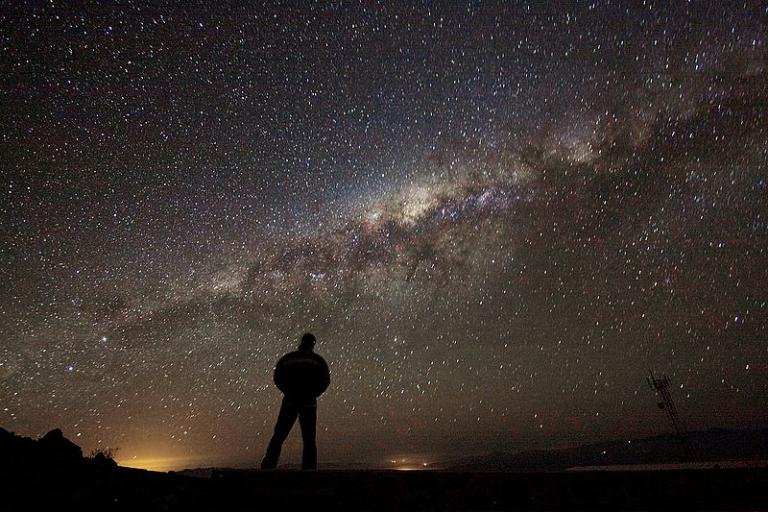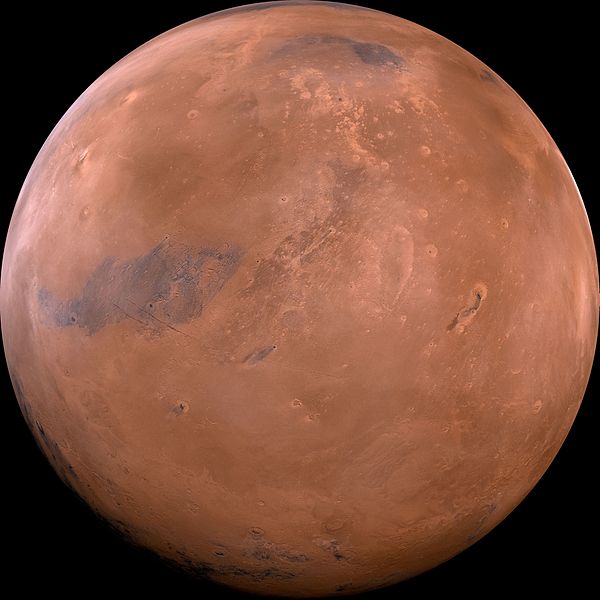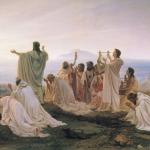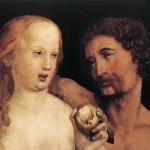
“The first gulp from the glass of natural sciences will turn you into an atheist, but at the bottom of the glass God is waiting for you.”
“In the history of science, ever since the famous trial of Galileo, it has repeatedly been claimed that scientific truth cannot be reconciled with the religious interpretation of the world. Although I am now convinced that scientific truth is unassailable in its own field, I have never found it possible to dismiss the content of religious thinking as simply part of an outmoded phase in the consciousness of mankind, a part we shall have to give up from now on. Thus in the course of my life I have repeatedly been compelled to ponder on the relationship of these two regions of thought, for I have never been able to doubt the reality of that to which they point.”
–Werner Heisenberg (1932 Nobel laureate in physics)
***
“The best data we have (concerning the Big Bang) are exactly what I would have predicted, had I nothing to go on but the five books of Moses, the Psalms, the Bible as a whole.”
“If there are a bunch of fruit trees, one can say that whoever created these fruit trees wanted some apples. In other words, by looking at the order in the world, we can infer purpose and from purpose we begin to get some knowledge of the Creator, the Planner of all this. This is, then, how I look at God. I look at God through the works of God’s hands and from those works imply intentions. From these intentions, I receive an impression of the Almighty.”
–Arno Penzias (1978 Nobel laureate in Physics)
***
“Then, last week, American scientists announced the discovery of radiation patterns in space that may mark the beginning of time itself. Said astrophysicist George Smoot, leader of the research team: ‘If you’re religious, it’s like looking at God. The order is so beautiful and the symmetry so beautiful that you think there is some design behind it.’
“’Whatever caused the rapid expansion of the universe following the Big Bang–the same forces caused tiny ripples. Because if you try to do something too fast, you shake a little. God might be the designer.'”
–Maclean’s Magazine (4 May 1992)
George Smoot, an astrophysicist and cosmologist affiliated with the University of California at Berkeley, won the Nobel Prize for Physics in 2006 — and won a million dollars on the television quiz show Are You Smarter Than a Fifth Grader? in 2009.












